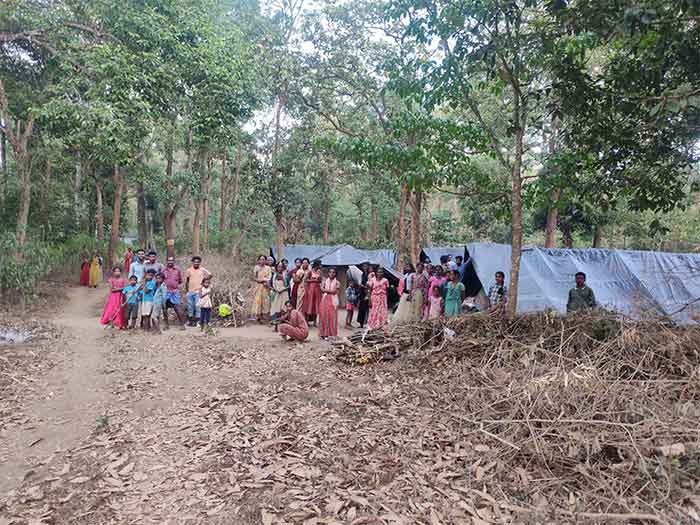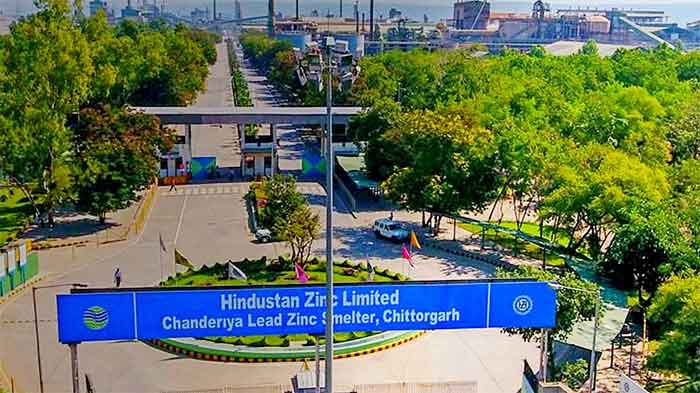
The Indian National Congress under the leadership of Prime Minister Mr Rajiv Gandhi was responsible for the beginning of half-hearted liberalisation policies in the name of economic development and modernisation in India. The half-hearted liberalisation, privatisation and globalisation policies have become the cornerstone of new economic policies launched by the Prime Minister Dr Manmohan Singh. These policies are in full swing under the Hindutva laissez-faire under the leadership of Prime Minister Mr Narendra Modi, whose mantra is based on the idea of ‘minimum government and maximum governance’. The market forces and corporates are absolutely free to rob public resources without any form of deterrence.
From river, sand, fishing, water to land, forests, woodlands, playgrounds, mining and minerals are for sale. From defence sectors to banking, postal, railways, health, education, road and transportation sectors are controlled by the market forces. There is nothing in India which can’t be sold under the Hindutva government led by Prime Minister Mr Narendra Modi. The Congress party has laid the foundation of this process of robbery and Hindutva forces are accelerating the process and institutionalising it as a norm of everyday lives in India.
The privatisation of public resources is not only about transfer of ownership and profit to the private corporations. It is a process of privatising profits and socialising risk. The Hindutva theft of the commons is a capitalist pursuit to dismantle collective foundation of society and public ownership of resources. It is in a direction of no return where pursuit of profit, atomisation of individual life is central to the growth of market and corporations. The growth of urban monoculture and ghettoization of lives within housing estates dictate norms of everyday life where individuals mortgage their future and freedom in search of a house in the city. The villages were destroyed by ruining the sources of livelihoods of the villagers. The commercialisation and commodification of lives and livelihoods are the only common culture between urban and rural areas in India today.
Hindutva forces are spreading the politics of otherness and hate in everyday life which brings rural and urban areas together against the religious minorities and marginalised communities. The sense of fear and hate are the twin pillars on which urban and rural India is standing to confront a miserable future created by the Hindutva politics. Poverty, unemployment, hunger, homelessness and crime are five net outcomes of Hindutva robbery of India and Indians. The destruction of public resources, public images, public institutions and fellow feelings are central to Hindutva hegemony over society and politics, and crony capitalist control over economy. These processes help in the atomisation project that is concomitant with capitalism. Hindutva and capitalism are twin forces that accelerate unhitched robbery of life, liberty and livelihoods in India.
Hindutva is a class war and unprecedented class robbery unleashing on Indian masses. Their agricultural land, river, forest, playgrounds, airports, schools, colleges and universities, hospitals are either captured or waiting to be captured by the Hindutva crony capitalist thieves. The cultural, religious and social genocides are conducted by the Hindutva forces in the name of nationalism to control, manage, manipulate, sabotage and dismantle any form of unity among working people against this Hindutva robbery to uphold the interests of few corporations in India. The people and their constitutional citizenship rights are disposables.
Hindutva is a collective robbery of public imagination in India. The state power provides legitimacy to such a process that legalised robbery as an art and a beautiful product of previous Karma. The unpolluted and simple people were manipulated to vote such a political process that had not expected that ‘Achhe din’ (good days) means loss of livelihoods, peace, social solidarity and cultural bond among people. The shared life and resources are ruined in the name of national development, but the reality is different. It is an organised tragedy of all Indians. If you are a Kashmiri, a Muslim, a Dalit, a worker and a tribal, your tragedy is multiplied with every passing every seconds. Hindutva generates multiple forms of tragedies in the name of fake nationalism to legitimise robbery. Hindutva destroys a sense of collective belonging to a place and people by dividing people in religious lines. The monolithic and ethnic nationalism of Hindutva is western European in letter and spirit. It is alien to India and Indians.
It is within this context, one needs to understand Hindutva robbery of society, culture, religion, politics, economy and nationalism in India. The very survival of India and Indians depend on the defeat of these forces working overtime and unleashing a terror of the theft of the commons. The alternative narrative needs to be based on the interests of the masses and their control over all public resources in India. To stop the privatisation of India, Indians must stop buying electoral promises from the political market of Hindutva. A collective electoral boycott of Hindutva is the immediate alternative that can halt the forward march of Hindutva robbery in India.
Bhabani Shankar Nayak, University of Glasgow, UK















































